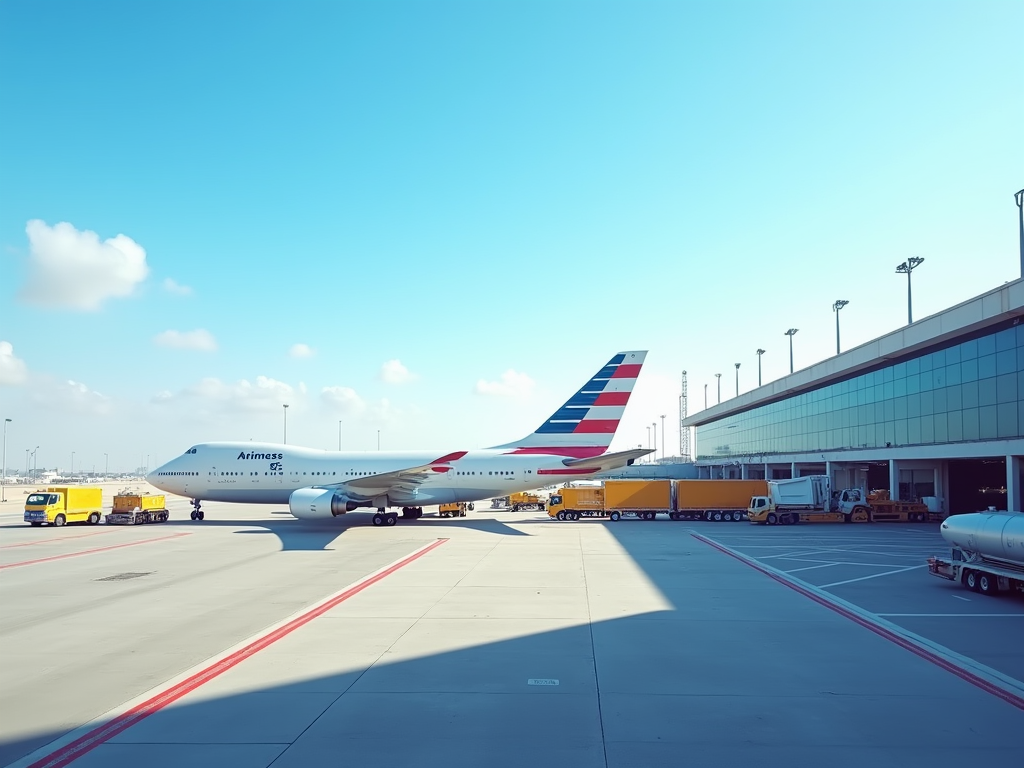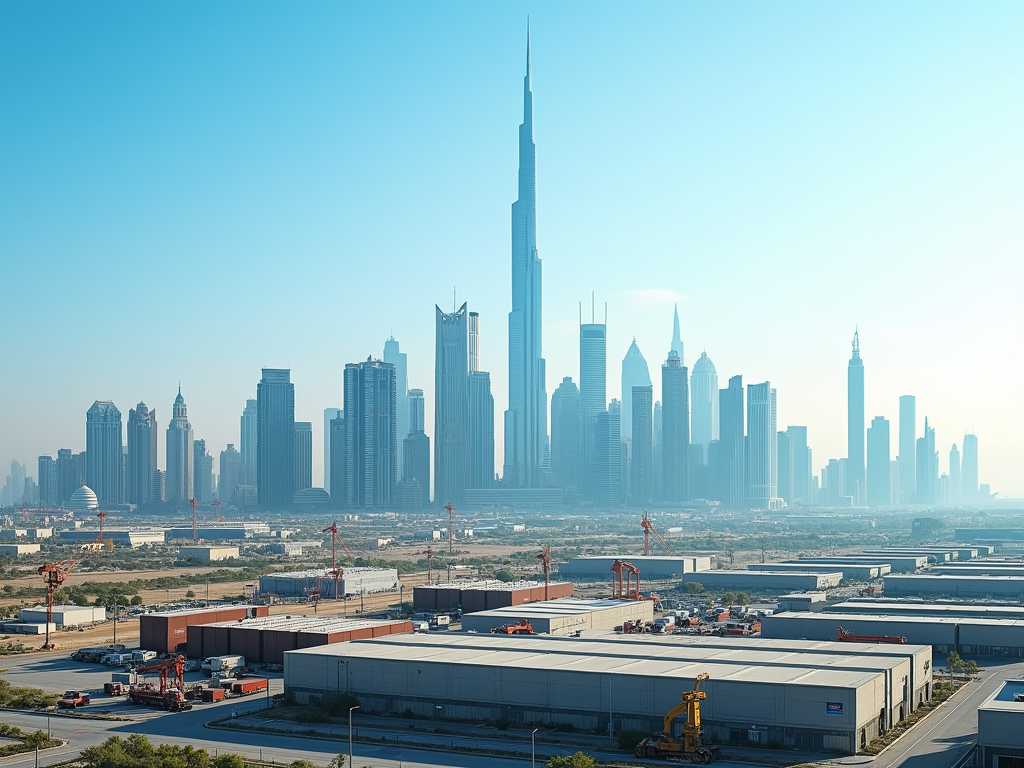Dubai has emerged as a critical hub in the evolution and expansion of global supply chains, thanks to its strategic location, advanced infrastructure, and business-friendly environment. This bustling city serves as a bridge connecting the East and West, facilitating trade across various sectors. The combination of its geographic advantages and investment in logistics makes Dubai a cornerstone for companies looking to optimize their supply chains. With political stability and a robust economy, the city has positioned itself as a pivotal player in global trade dynamics. In this article, we will explore the various factors contributing to Dubai’s significant role in global supply chains and the implications for businesses worldwide.
Strategic Geographic Location

One of Dubai’s most compelling advantages is its strategic geographic location, which allows it to function as a natural gateway for global trade.
- Proximity to major markets in Asia, Europe, and Africa.
- Access to key shipping routes, including the Arabian Gulf, allowing for efficient maritime transport.
- A well-connected airport, facilitating air freight logistics for time-sensitive goods.
This position not only bolsters Dubai’s status as a logistics hub but also attracts multinational corporations striving to reach diverse markets efficiently. By serving as a staging point for goods transitioning between continents, Dubai significantly reduces transit times, thus enhancing productivity and lowering costs for businesses. Furthermore, the city’s involvement in initiatives like the Belt and Road Initiative illustrates its potential to be a focal point for international trade.
Infrastructure and Technology

Dubai’s investment in advanced infrastructure and technology is pivotal in supporting robust supply chain operations. The city boasts world-class logistics facilities, including the Jebel Ali Port, one of the largest and busiest ports globally, which handles millions of containers each year. Additionally, the Dubai International Airport is recognized for having one of the highest freight capacities, promoting seamless air cargo operations. This cutting-edge infrastructure includes:
- Modern warehousing solutions equipped with the latest technologies.
- Smart logistics systems utilizing IoT for real-time tracking and inventory management.
- Advanced transport networks, including road, rail, and sea routes, facilitating efficient movement of goods.
The integration of technology within these facilities plays a critical role in improving operational efficiencies and enhancing supply chain visibility. As businesses continue to prioritize agility and responsiveness, Dubai’s infrastructure ensures that companies can scale their logistics operations effectively.
Business-Friendly Environment
Dubai offers a conducive business environment characterized by free trade zones, minimal taxation, and regulatory frameworks that favor foreign investments. Free zones such as Jebel Ali Free Zone (JAFZA) and Dubai Multi Commodities Centre (DMCC) provide incentives for businesses to operate with ease. These business-friendly policies encourage companies to establish regional headquarters or distribution centers in Dubai, taking advantage of several benefits, including:
- 100% foreign ownership.
- No corporate tax for a specific number of years.
- Streamlined customs procedures that facilitate quicker clearances.
The result is a thriving ecosystem for entrepreneurs and established firms, reinforcing Dubai’s proposition as a crucial node in global supply chains. This environment not only enhances competitiveness but also promotes innovation and collaboration among global players.
Multimodal Transport Hub
Dubai is rapidly evolving into a multimodal transport hub, combining air, sea, and land transport to facilitate efficient logistics operations. The integration of various transport modalities allows for seamless transitions of goods, reducing delays and fostering supply chain resilience. Key elements of Dubai’s multimodal transport capabilities include:
- A sophisticated network of roads connecting transportation hubs.
- Rail links being developed to enhance connectivity further within the region.
- Innovative intermodal facilities that streamline operations and reduce costs.
This efficient transport network not only benefits local businesses but also attracts multinational companies looking to leverage Dubai’s logistics framework. As supply chains become more complex and globalized, having a reliable multimodal transport system is critical for meeting customer demands and achieving operational efficiencies.
Conclusion
In conclusion, Dubai’s strategic location, advanced infrastructure, pro-business environment, and multimodal transportation capabilities position it as a crucial player in the growth of global supply chains. As businesses increasingly seek efficient and resilient supply chain solutions, Dubai stands out as a vital hub that offers the necessary resources and strategic advantages. With continued investments and advancements in logistics and trade facilitation, we can expect Dubai to play an even more prominent role in global commerce in the years to come.
Frequently Asked Questions
1. What is Dubai’s primary role in global supply chains?
Dubai serves as a critical hub connecting East and West, providing efficient logistics and transportation services.
2. How has Dubai’s infrastructure contributed to supply chain growth?
Dubai has invested heavily in ports, airports, and logistics facilities, enabling quick and reliable movement of goods.
3. What incentives does Dubai offer to businesses?
Dubai offers free trade zones, tax incentives, and streamlined customs procedures, making it attractive for foreign investments.
4. How does Dubai’s location benefit global trade?
Dubai’s central location allows companies easy access to major international markets in Asia, Europe, and Africa.
5. What transport modalities are available in Dubai?
Dubai has a robust multimodal transport system combining air, sea, and land transportation for efficient logistics operations.


